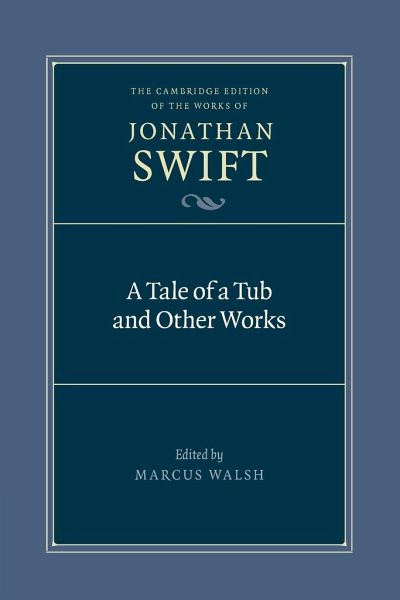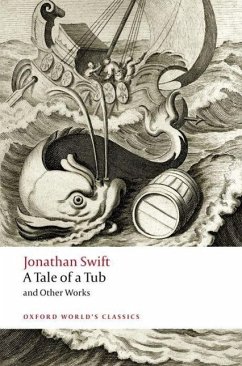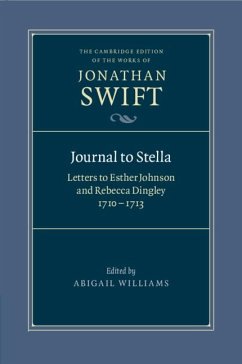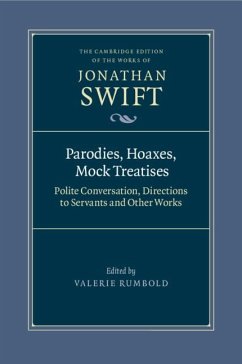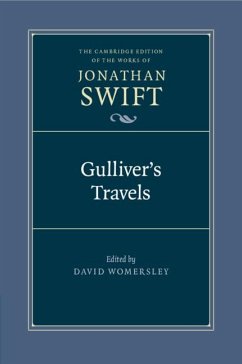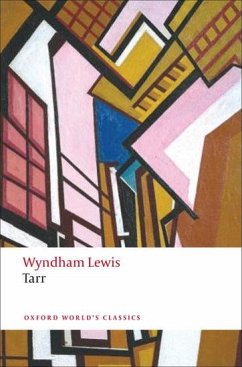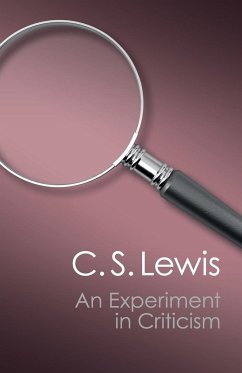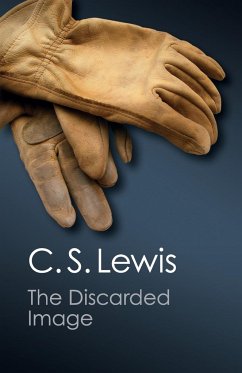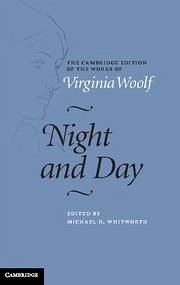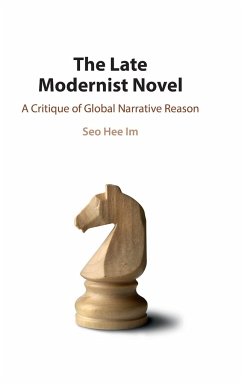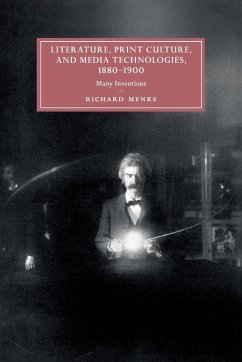Jonathan Swift was an Anglo-Irish satirist, author, essayist, political pamphleteer (first for the Whigs, then for the Tories), poet, and Anglican cleric. He rose to the position of dean of St. Patrick's Cathedral in Dublin, earning him the moniker "Dean Swift." He lived from 30 November 1667 to 19 October 1745. A Tale of a Tub (1704), An Argument Against Abolishing Christianity (1712), Gulliver's Travels (1726), and A Modest Proposal are among Swift's best-known writings (1729). He first published all of his works anonymously or using aliases, such as Lemuel Gulliver, Isaac Bickerstaff, and M. B. Drapier. He was a master of the Horatian and Juvenalian satirical genres. His writing is deadpan and sardonic, especially in "A Modest Proposal", which is why such satire has come to be known as "Swiftian." On November 30, 1667, in Dublin, in the Kingdom of Ireland, Jonathan Swift was born. He was the only son and the second child of Frisby on the Wreake residents Jonathan Swift (1640-1667) and Abigail Erick (or Herrick). After 1700, Swift lived in Trim, County Meath. Many of his works were written by him at this time. Swift graduated with a Doctor of Divinity degree from Trinity College Dublin in February 1702.
